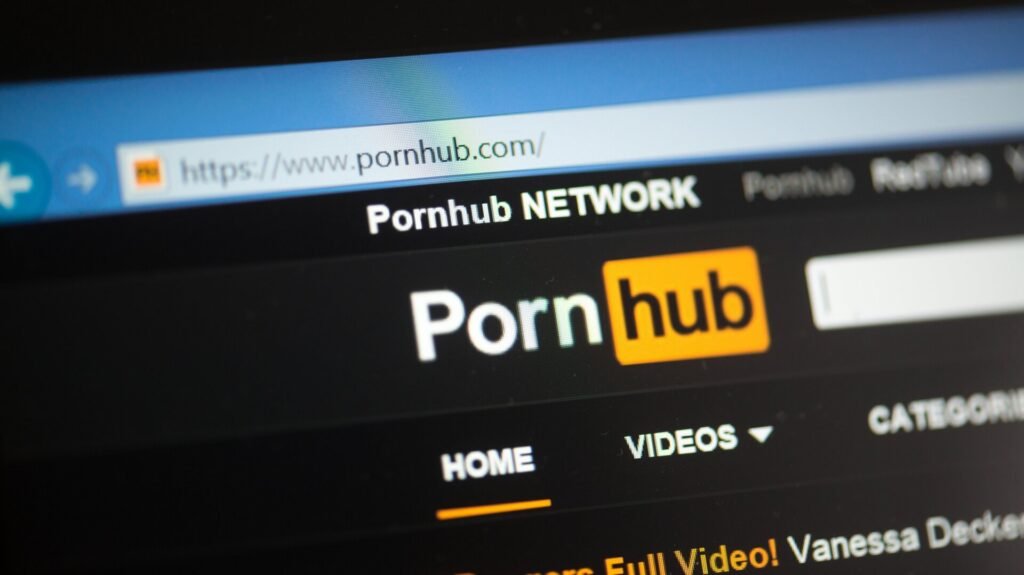Pornhub issues Florida a caution regarding potential Banhammer repercussions

Several conservative states have recently passed age verification laws for websites and, in response, Pornhub has taken to shutting out service in those states rather than complying with local regulations. The company has already cut service, including Texas, Utah, Mississippi, Arkansas, North Carolina, and Virginia. Florida could be next. Or maybe not.
The Sunshine State recently passed a law prohibiting children aged 14 and under from using social media without parental consent. “Pornographic or sexually explicit websites” will need to “use age verification to prevent minors from accessing sites that are inappropriate for children.” Pornhub and its parent company, Aylo, have repeatedly pushed back against these types of requirements, claiming they are ineffective and do not respect user privacy. (Whether Pornhub truly cares about user privacy is a lingering question; last year the platform was fined under European privacy law for illegally collecting user data).
Will Pornhub pull out of Florida? It would make sense to think so, but the obscene digital platform has given conflicting statements about whether it plans to shut down service in the state.
After a report on Wednesday, stating that Pornhub could “block” Florida, Gizmodo reached out to Pornhub to confirm this was true. A Pornhub spokesperson appeared confused by the banning claims in the Ars story, telling us: “It doesn’t seem to say anything about that in the body of the piece.” When pressed on whether the company was refuting the article’s claims, the spokesperson said: “To clarify, we have not indicated whether we will block access in Florida or not. We hope elected officials decide to implement an age verification method that actually makes the internet safer and preserves user privacy, as opposed to a haphazard and ineffective implementation that, in practice, does the opposite of its stated goals.”
The argument from Pornhub/Aylo seems to be that if porn viewers don’t get their porn from them, they will be forced to go to sketchier, darker parts of the web to get it.
“These people haven’t stopped looking for porn,” an Aylo spokesperson said. “They’ve just migrated to darker corners of the Internet that don’t require age verification, don’t follow the law, don’t take user safety seriously, and often don’t even moderate content. In practice, the laws have just made the Internet more dangerous for adults and children.”
“Unfortunately, the way Florida and many jurisdictions worldwide have chosen to implement age verification is ineffective, messy, and dangerous,” said the Aylo spokesperson. “Any regulation that requires hundreds of thousands of adult sites and all social media to collect significant amounts of highly confidential personal information is violating the privacy rights of law-abiding citizens and endangering user safety.”
However, the company states that they are not in favor of minors accessing pornographic content: “To be clear, we agree with the goal of keeping minors away from such content. We do not want minors to have access to adult entertainment content designed for adults.”
Gizmodo reached out to Aylo for comment and will update this story if they respond.
Overall, Pornhub’s service-blocking efforts, which block all IP addresses in specific geographic areas, don’t mean much. A dedicated porn addict could simply download a VPN and log into the porn site through an IP address from a different region.




